AUFRANDE brings together French and Australian research leaders at RMIT
‘Bridging Minds: Australia-France Research Forum’, the first AUFRANDE project annual event in Australia, took place from 3 to 5 June 2025 in Melbourne, hosted by RMIT University and organised by RMIT Europe. Delivered in close collaboration with AFRAN and the CNRS Representative Office in Oceania, this dynamic two-day forum connected researchers, policy leaders, and industry experts from France and Australia to foster collaboration and innovation in STEM and related fields. A third day consisted of training workshops for the AUFRANDE doctoral candidates.
Day 1
Pauline Rasera, AUFRANDE Project Manager, facilitated the event which was officially opened by government and university leaders. In attendance were the Ambassador of France to Australia H. E. Pierre-Andre Imbert; Consul-General of France in Melbourne Paule Ignatio; Global Victoria’s Ms. Fiona Letos; along with RMIT’s Professor Catherine Itsiopoulos, DVC RMIT STEM College; and Mr. Layton Pike, RMIT’s Interim DVC International & Engagement.
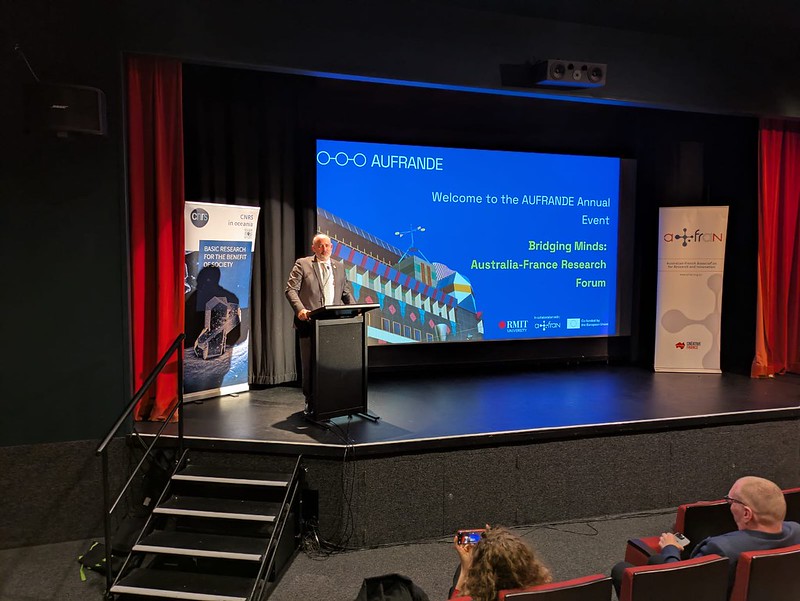
Figure 1: Ambassador of France to Australia H. E. Pierre-Andre Imbert
Professor Arnan Mitchell then introduced the history behind the AUFRANDE program and the objectives of this ambitious collaboration to the assembled delegates.
Session 1 featured a panel discussion on strengthening France–Australia research connections, moderated by Professor Karen Hapgood (Swinburne University of Technology). Panellists Dr. Jean-Philippe Diguet (IRL CROSSING), Professor Frédéric Hollande (IRL PHANTOM and AFRAN), Professor Jenny Pringle (Deakin University), and Professor Joy Sumner (FACET) shared experiences from bilateral programs and discussed new opportunities for collaboration.
In Session 2, a panel on research integrity in the age of AI, moderated by Dr. Kimberley Coulson (AFRAN), brought together Dr. Daniel Barr (RMIT), Dr. Mona El-Ayoubi, Professor Olaf Maennel (University of Adelaide) and Professor Justin Zobel (University of Melbourne) to debate the ethical challenges emerging at the intersection of AI and academic research.
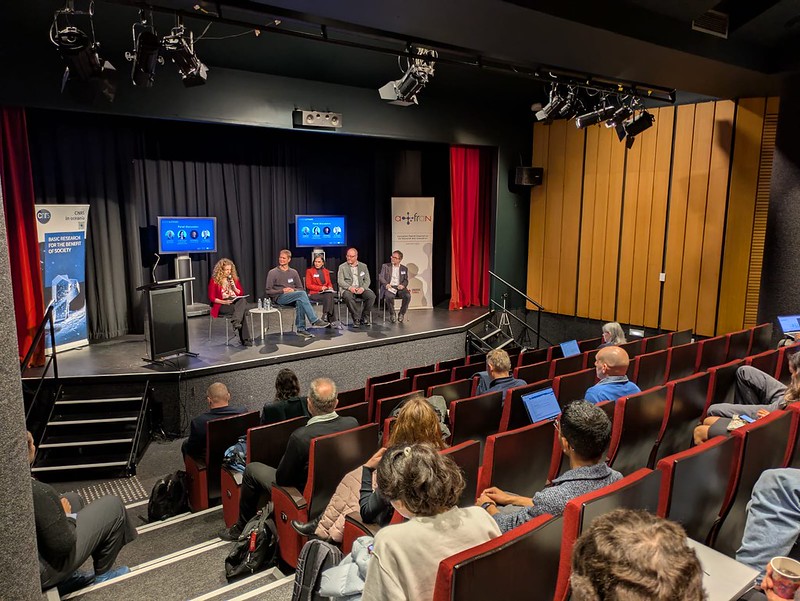
Figure 2: Panel discussion ‘Navigating Research Integrity in the Age of Artificial Intelligence‘
The second part of the day was dedicated to scientific workshops ‘Exploring Franco-Australian Research Synergies’. Introduced by Professor Thierry Corrège, Regional Director of the CNRS Representative Office in Oceania, and Associate Professor Yvonne Durandet, Academic Director WIL at Swinburne University of Technology, the workshops were facilitated by a team of experts including Professor Aonghus McNabola (RMIT), Ms. Héloïse Bénard (CNRS), Dr. Kimberley Coulson (AFRAN), Professor Rey Chin (University of Adelaide), Professor Olaf Maennel (University of Adelaide), Mr. Taha Lamine (AUFRANDE Doctoral Candidate), Ms. Celia Wong (Swinburne University of Technology), and others.
Participants were organised into groups aligned with their research interests: physics and engineering, engineering solutions for environmental sciences, computer sciences in engineering, and energy. Each group explored questions such as emerging trends in their field, current challenges and opportunities, and how international collaborations can tackle these issues. Each group identified future research priorities and opportunities for increased cooperation. The conclusions were presented by Professor Arnan Mitchell, Professor Rey Chin, Ms. Héloïse Bénard, and Professor Olaf Maennel during a closing plenary. The next steps will be to share insights with all participants to explore further collaboration opportunities.
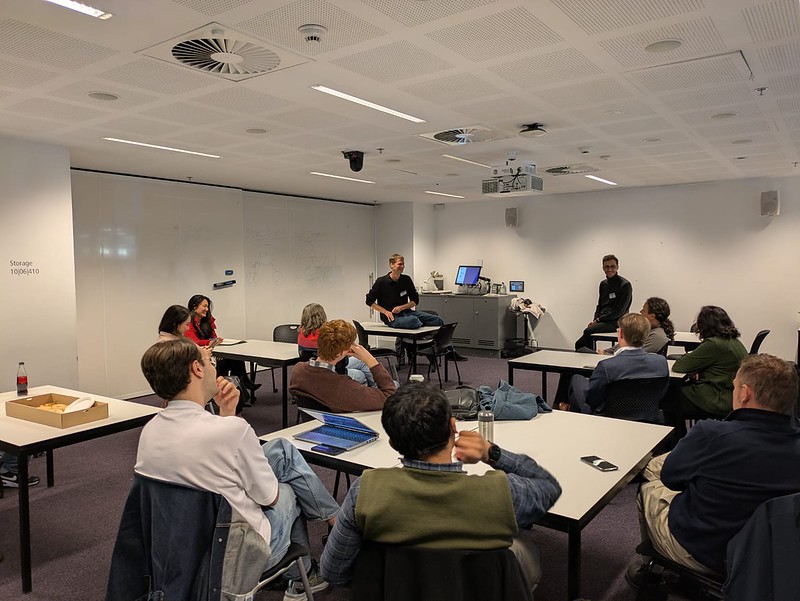
Figure 3: Scientific workshop with the computer sciences in engineering participants
Day 2
The second day began with Session 3, a panel on embedding sustainable practices in research, moderated by Ms. Jessica Davis (University of Sydney). Speakers included Ms. Mélanie Ducros (Expertise France), Professor Usha Iyer-Raniga (RMIT), Professor Aonghus McNabola (RMIT), and Ms. Leonie Paul (REDI Program PhD candidate).
A key highlight was Session 4, featuring AUFRANDE doctoral candidates presenting their research. Facilitated by Ms. Héloïse Benard (CNRS), the session showcased innovative projects from candidates including Mr. Felix Pollak, Ms. Marta Stentella, Mr. Jacek Bursztynowicz, Mr. Hamza Nisar, Mr. Sebin Xavier, Mr. Manish Kumar, Mr. Shahaz Shahul Hameed, Mr. Krupamaya Panda, Mr. Sebastian Alveteg, Mr. Ananthakrishnan Ravindran, and Mr. Ardianto Wibowo.
Congratulations to Ardianto who was awarded Best Presentation for his work titled ‘Distributed Intelligence on a Group of Autonomous Systems under Resource and Communication Constraints’. The judging panel for this prestigious recognition consisted of Associate Professor Yvonne Durandet, Mr. Nishant Shandilya, and Dr. Nathalie Simenel-Amar. Ardianto received a certificate as well as Indigenous Word Cards as a prize. The proceeds of this product support scholarship funding through the Ngarara Willim Centre. This centre offers guidance with study, living and community connection for Aboriginal and Torres Strait Islander people who study at RMIT.
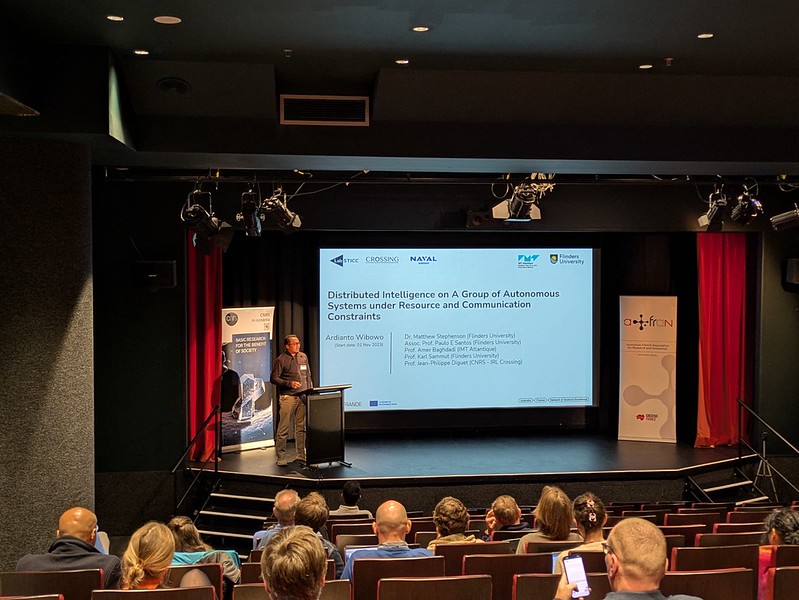
Figure 4: Ardianto Wibowo, winner of the Best Presentation
Session 5 offered an industry-focused discussion on global partnerships and careers, moderated by Manish Kumar (AUFRANDE Doctoral Candidate). Speakers included Professor François Aguey-Zinsou, Dr. Aaron Belbasis, Dr. Sergey Pikuz, and Mr. Nishant Shandilya, providing valuable perspectives on building effective collaborations between academia and industry.
Professional development for early-career researchers
During the event in Melbourne, doctoral candidates from AUFRANDE as well as the REDI Program, also coordinated by RMIT Europe, had the opportunity to participate in three targeted training sessions organised by the RMIT Library team. These workshops aimed to enhance both research visibility and professional skills.
Ms. Barbara Yazbeck and Dr. Huong Phan facilitated a session focused on establishing and working collaboratively with industry, practitioners and other researchers. This workshop explored strategies to enhance research profiles and outputs through methods such as co-authoring and engaging in collaborative projects.
They also led a session on creating and presenting effective research posters, focusing on layout, design principles, content selection, and presentation techniques to ensure clarity and visual engagement.
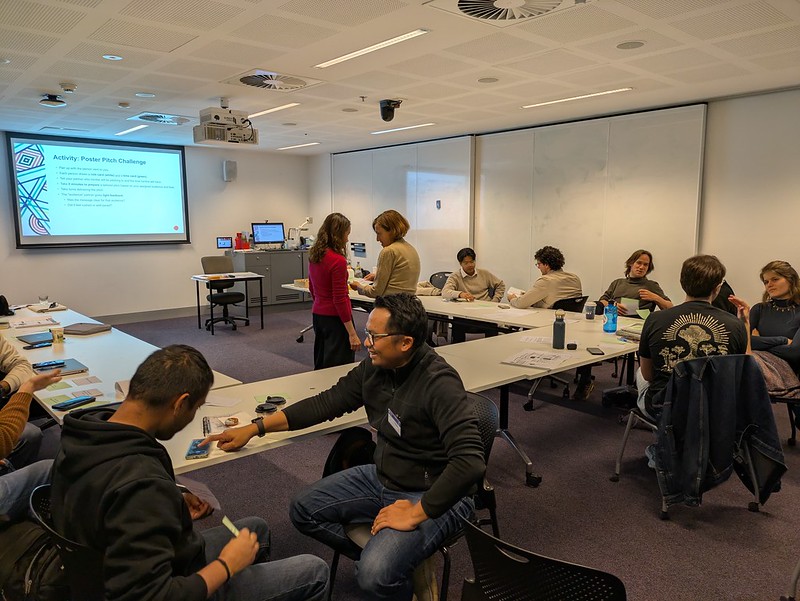
Figure 5: Activity during the workshop on developing an effective research poster
Dr. Dana Chahal delivered a session on the importance of disseminating research beyond academic circles. Participants learned about the benefits of non-specialist communication and explored various outlets. The workshop included a mini masterclass on writing for broader audiences, equipping candidates with skills to reach wider audiences.
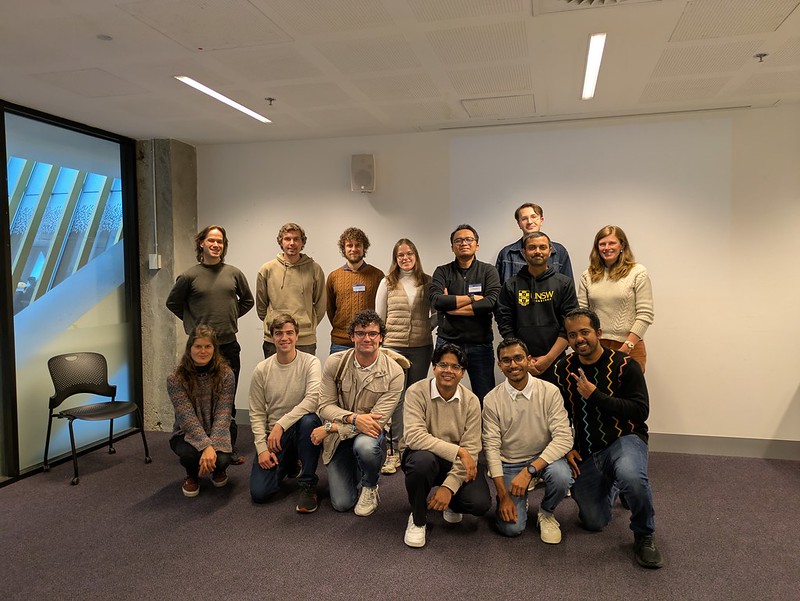
Figure 6: AUFRANDE and REDI doctoral candidates with Pauline Rasera (AUFRANDE Project Manager)
Strengthening France–Australia research connections
‘Bridging Minds: Australia-France Research Forum’ successfully fostered new partnerships and generated valuable discussions on research integrity, sustainability, and innovation in STEM. The forum’s outcomes will serve as a foundation for future bilateral initiatives, with AUFRANDE continuing to support researchers and international research collaboration between France and Australia.
We look forward to seeing everyone at the upcoming AUFRANDE event in Bordeaux, France (3-7 November 2025) to continue expanding our network.
The ‘Bridging Minds: Australia-France Research Forum’ photo album can be found here.